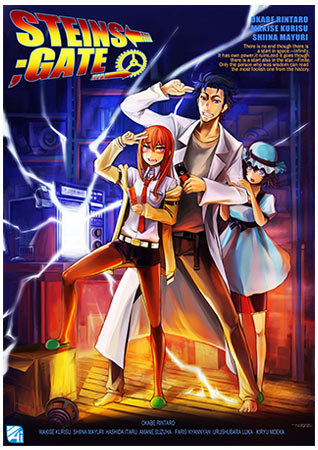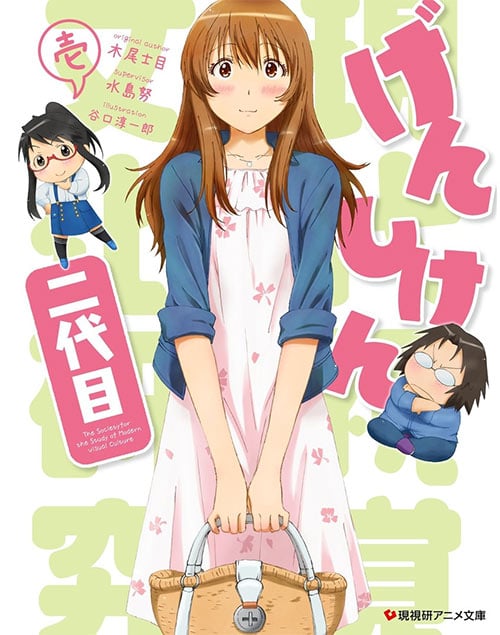I’ve been a lifelong fan of science-fiction stories, especially ones involving time travel and related themes like time dilation. Looking back, this trend started with my viewing of Escape from the Planet of the Apes, the third movie in the classic series, which delighted me because of the impossible time paradox it presented. In the film, we learn that the dark ape-dominated future was brought about when Zira and Cornelius traveled to the present from the 40th century in Taylor’s ship, giving birth to a son who would become the first intelligent ape. Watching the movie and trying to understand the implications of this predestination paradox (at the age of six, if I recall) must have activated some “time travel geek” switch in my brain, and I’ve been a fan of the genre ever since.
Of course time travel and related themes show up in anime a lot, such as The Girl Who Leapt Through Time, Voices of a Distant Star, the Monogatari Series, and the time-traveling Mikuru from The Melancholy of Haruhi Suzumiya, which takes inspiration from the Hyperion books by Dan Simmons. One time-honored genre in Japan is “timeslip,” a vehicle used frequently in anime as well as Japanese films, like a certain step in the Orange Road universe that sends you into the past if you fall on it a certain way. There’s a grand tradition of stories about modern people who “timeslip” into Japan’s past, like the Ambition of Oda Nobuna or the excellent Zipang, the story of a modern Japanese navel ship that’s transported back to the middle of World War II. One of the best stories for fans of hardcore time-travel themes is, of course, Steins;Gate, which is being released today in its packaged Standard Edition form. It tells the story of a lab of young scientists headed by Okabe Rintaro who accidentally invents a time machine that screws up the world lines and creates a dark and dystopian future for the world which they must change. Order the game now!

Stories involving time travel and have become a part of our shared popular culture.















